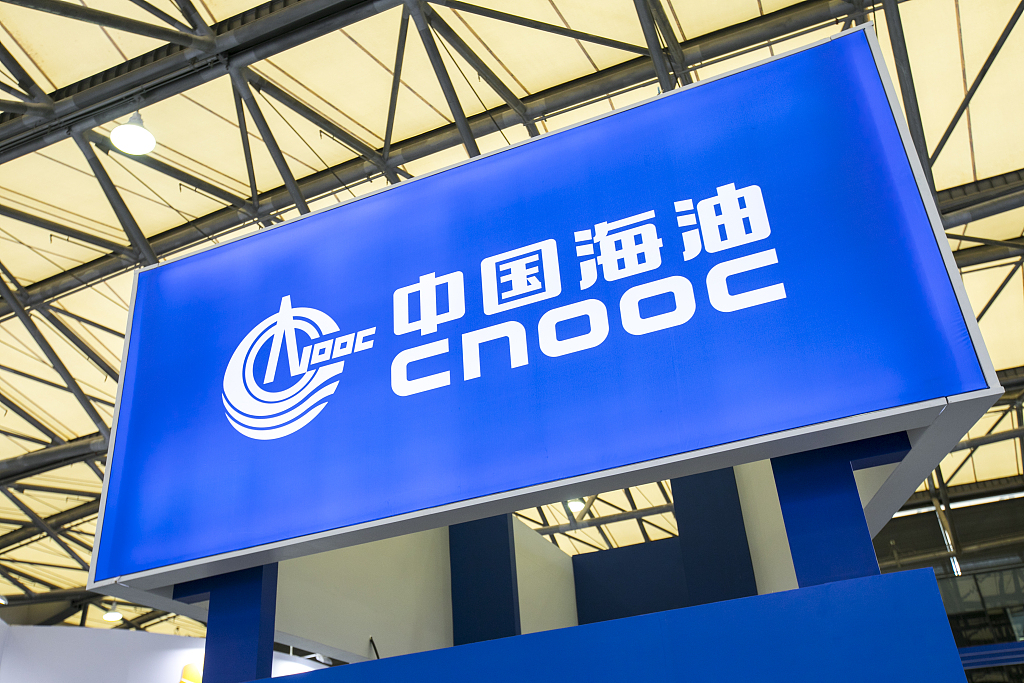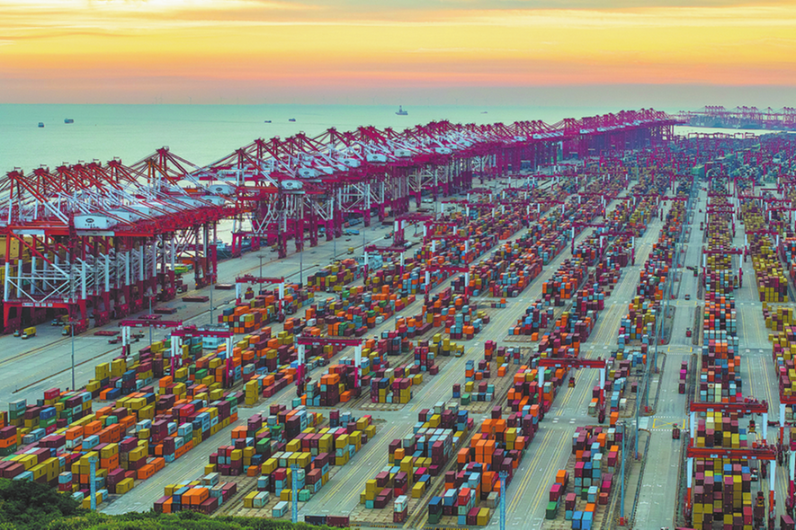CNOOC's deep water oilfield project in Brazil starts production


China National Offshore Oil Corp has further expanded its presence in Brazil's deep water pre-salt oilfields following the start of production of its Mero2 project on Tuesday, industry experts said.
Mero2 is one of the four production units of Mero, the country's third-largest pre-salt oilfield in the Santos Basin off southeastern Brazil. It is located at a water depth of between 1,800 and 2,100 meters, CNOOC said.
Sixteen development wells are planned to be commissioned, including eight production wells and eight injectors. The production capacity of the project is 180,000 barrels of crude oil per day, the State-owned company said.
Mero1 has consistently maintained a good production status since it was put into operation in May, with a daily crude oil production capacity of 25,500 metric tons, one of the most productive offshore oil fields in Brazil so far, said Huang Yehua, president of CNOOC Petroleum Brazil Ltda, a wholly owned subsidiary of CNOOC.
"CNOOC's participation in the development of the mega deep water pre-salt oilfield in Brazil highlights its technical expertise," he said.
According to Huang, the floating production storage and offloading, or FPSO, used in the project, is one of the world's largest such FPSO facilities.
With a designed storage capacity of about 1.4 million barrels, it was constructed and commissioned in China in June and arrived in Brazil in September, he said.
FPSO, an offshore oil and gas processing platform capable of crude oil production, storage and export, has become the mainstream production facility for global offshore oil and gas development.
Deep water pre-salt oilfields constitute one-third of the world's petroleum reserves.
Development of an ultra-deep water pre-salt oilfield, where bountiful oil and gas resources can be found, is an emerging sector and a significant trend in the global petroleum industry, said Luo Zuoxian, head of intelligence and research at the Sinopec Economics and Development Research Institute.
Actively participating in the development of global giant ultra-deep water pre-salt oilfields strengthens China's comparative advantages in the field of marine petroleum production, Luo said.
Data from consultancy BloombergNEF showed that Brazil's oil output growth over the past decade has been entirely driven by pre-salt production.
Wang Dongjin, chairman of CNOOC, said the start of production of Mero2 has further deepened energy cooperation between China and Brazil and that the company will actively collaborate with partners to further advance energy cooperation under the Belt and Road Initiative.
CNOOC said it attaches great importance to its investments and collaborations in the Brazilian market, which has vast and rich oil and gas resources with numerous oilfields under construction or in production.
As of now, CNOOC owns five deep water oil and gas assets in Brazil, it said.




































